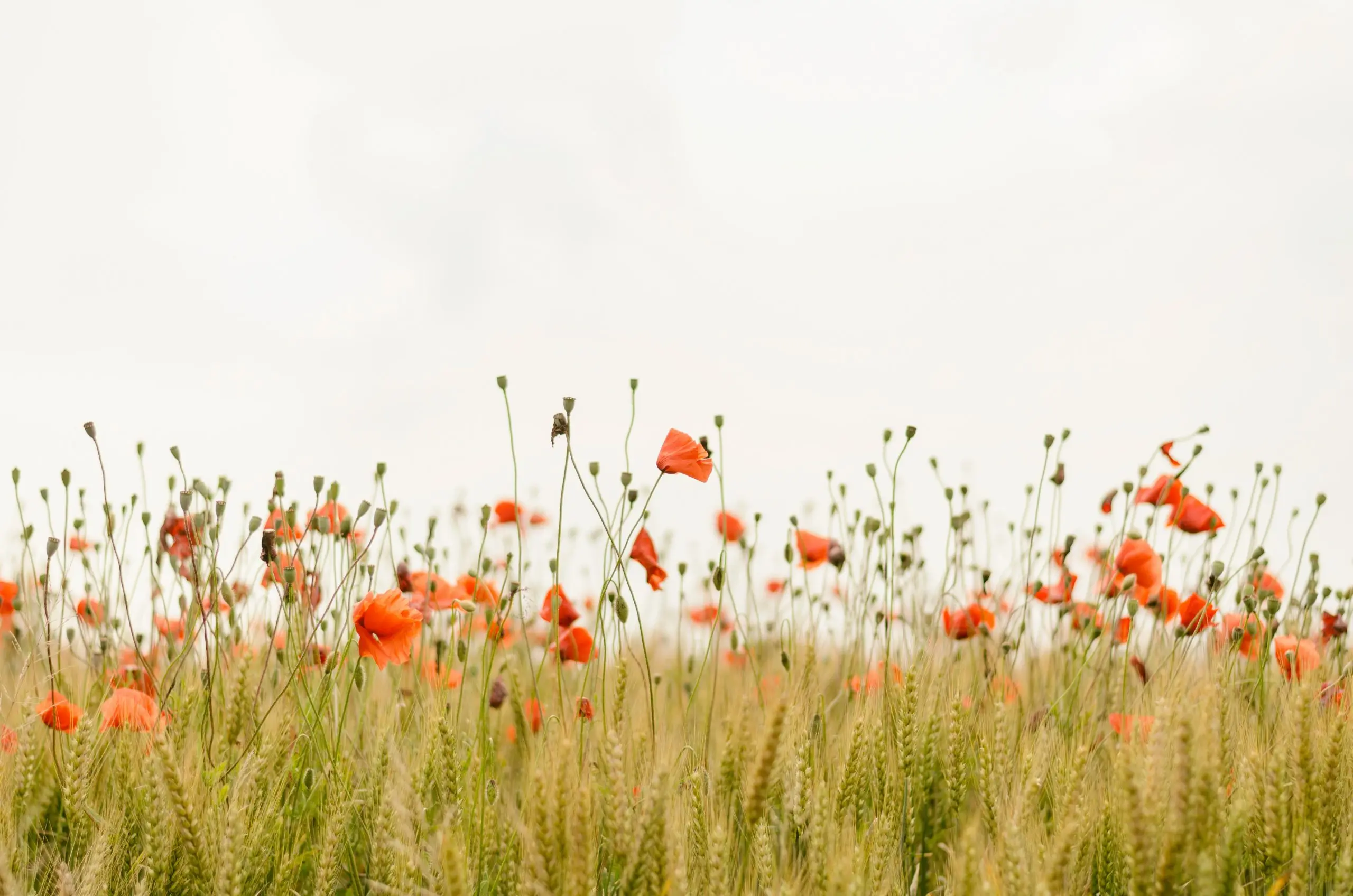Nine years of “Laudato Si: On Care for Our Common Home”!
Originally published on The Southern Cross

Originally published on The Southern Cross
SAN DIEGO — Each month in 2024, we have featured one of the seven goals of “Laudato Si” promoted by the Vatican’s Dicastery for Integral Human Development.
This month, we take a break to recognize the ninth anniversary of the encyclical’s 2015 publication, celebrated each May as “Laudato Si Week.” This year, the week runs May 19 to 26; it’s a time to examine this powerful document, which applies our faith teachings to today’s environmental crisis and sounds an urgent call for action.
The second of three encyclicals
“Laudato Si” is the second of Pope Francis’ three encyclicals, special letters issued by popes to announce guiding principles meant to be taken seriously and to challenge us in our growth as disciples of Christ.
Echoing the words of St. Francis’ “Canticle of the Sun,” declaring “Praise be to You, my Lord,” this teaching on the “Care for Our Common Home” is sandwiched between the encyclicals “Lumen Fidei” (“The Light of Faith”) and “Fratelli Tutti” (“Brothers and Sisters, All”). Thus, “Laudato Si” connects Pope Francis’ foundational call to trust in the Church as the mother of our faith to his most recent summons to live with “fraternal openness that allows us to acknowledge, appreciate and love each person, regardless of physical proximity, regardless of where he or she was born or lives.”
This connection is made through the application of our Catholic faith teachings to global climate change, one of the greatest challenges of the modern era, such that we might discern a new way, leading us to live as Jesus has called us to live.
Having studied and worked as a scientist before entering the seminary, it’s perhaps unsurprising that Pope Francis was eager to produce an encyclical addressing the environmental crisis, which he is careful to point out is not one but two crises, one ecological and the other social. The process of assembling the knowledge, data and theological reflection to offer an accurate and holistic assessment took well over a year, carefully drawing upon expertise in a range of subjects from all over the world. The six chapters are composed of 40,673 words and include 172 citations, most of which credit great thinkers of the Church.
Throughout the text, Pope Francis applies the wisdom of numerous saints and popes to shed light on our responsibility as people of faith to live in right relationship with all of creation. By contrast, he laments the “rapidification” of humanity and the planet, an intensification of the pace of life and work in favor of goals that “are not geared to the common good or to integral and sustainable human development” (No. 18). The result is the embrace of a “throwaway culture,” characterized by careless hyper-consumption, unmanageable waste, pervasive toxins and pollutants, and the excessive use of fossil fuels combined with the deforestation of the planet to produce human-caused climate change. These adverse outcomes fall unevenly upon the poor and vulnerable, threatening lives and livelihoods, degrading the quality of human life and contributing to the breakdown of societies around the world.
Light offered by faith: The seven goals
Through the application of Church teaching to current global dynamics, the seven goals of “Laudato Si” emerge, coalescing around the tenets of our faith, codifying our values, and offering pathways toward integral human development.
In the secular process of climate action planning, Step One is the identification of communal assets, understood as that which the community values, and Step Two is the identification of environmental impacts that threaten these assets.
Similarly, in “Laudato Si” action planning, the seven goals define our Catholic values and that which we must act on to protect from environmental impact. The “Laudato Si Action Platform,” found at laudatosiactionplatform.org, provides a mechanism by which these steps can be formulated into an annual plan, responding to the “cry of the earth and the cry of the poor.”
Though most papal documents are addressed to the bishops of the Church or the lay faithful, “Laudato Si” is addressed to “all people of good will,” emphasizing the urgent need for cooperation from everyone on the planet. If you are ready to begin this process as a parish, school or household, the Creation Care Ministry has developed a recommended three-step pathway to action:
Creation is God’s gift to you. How you engage as co-creator of the kingdom of God on earth, in which we are all beloved sisters and brothers, tutti fratelli, is your gift to God.